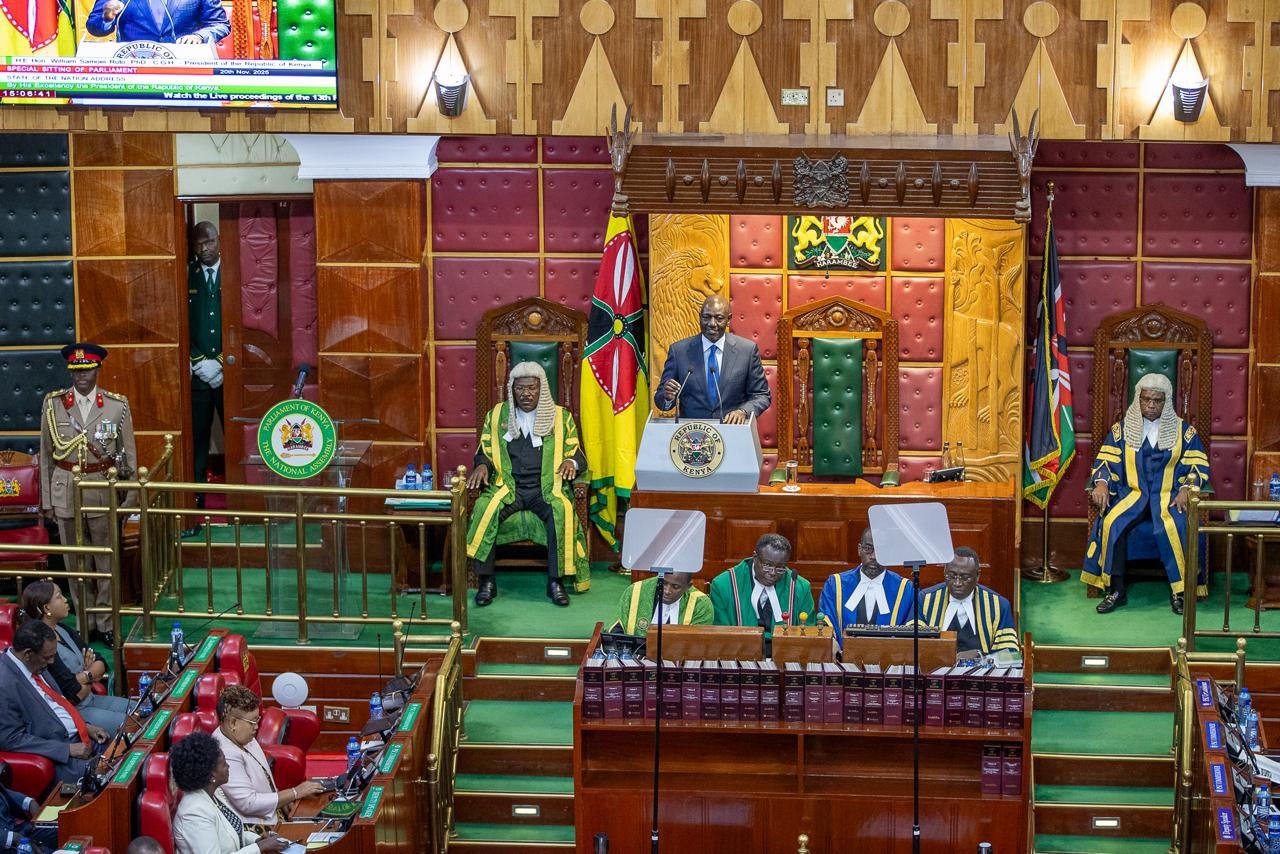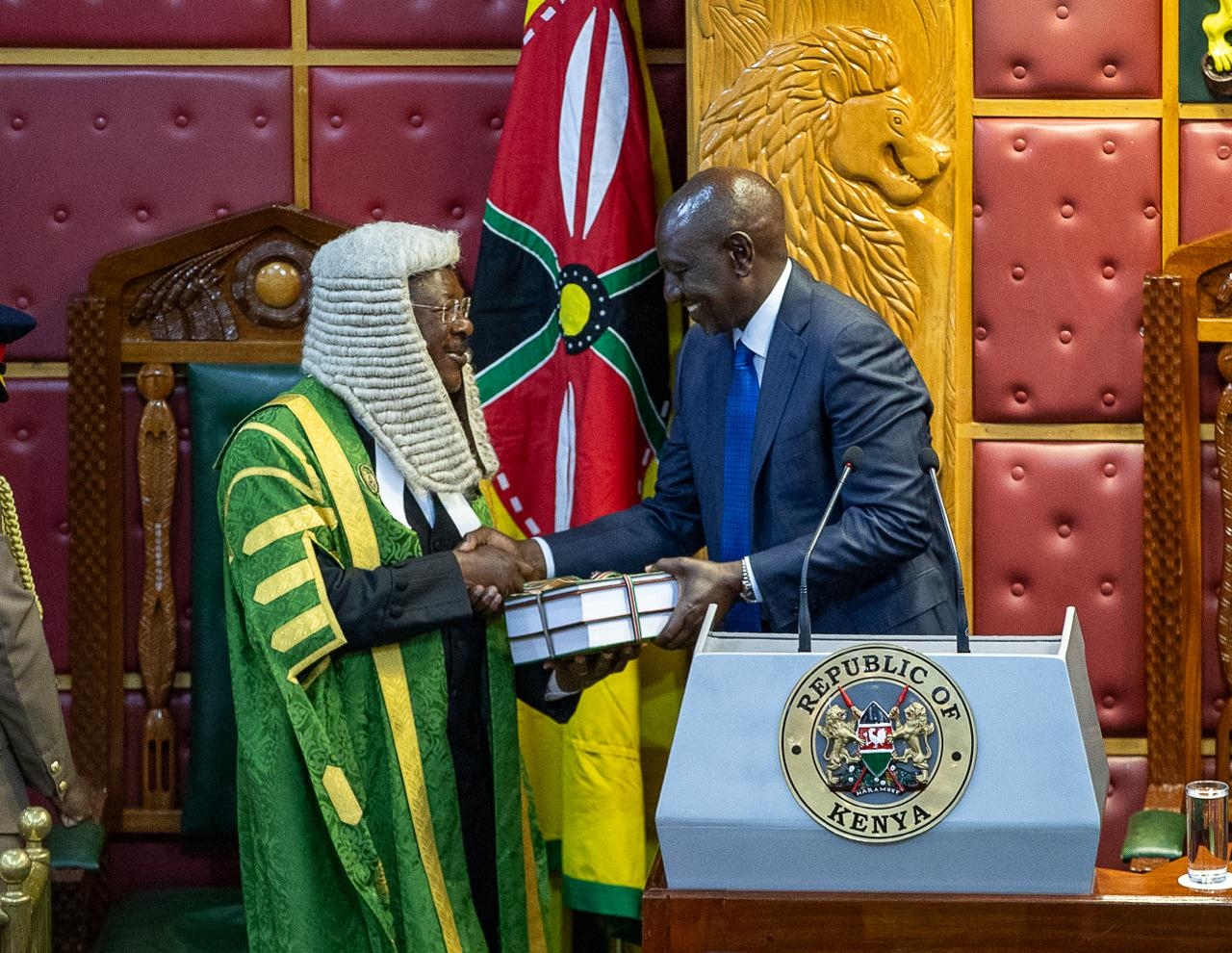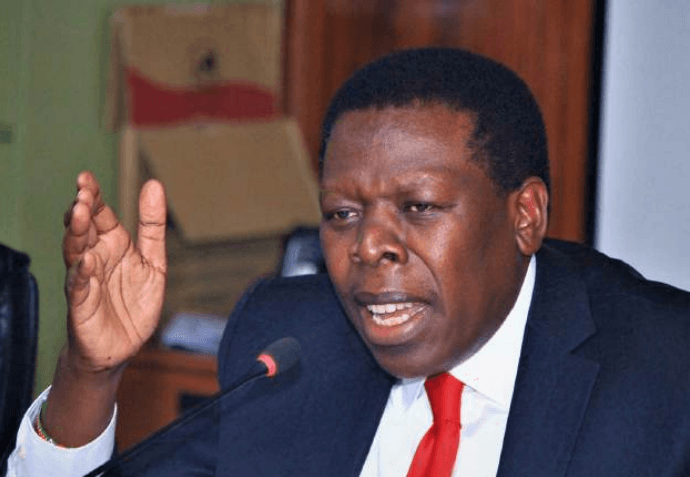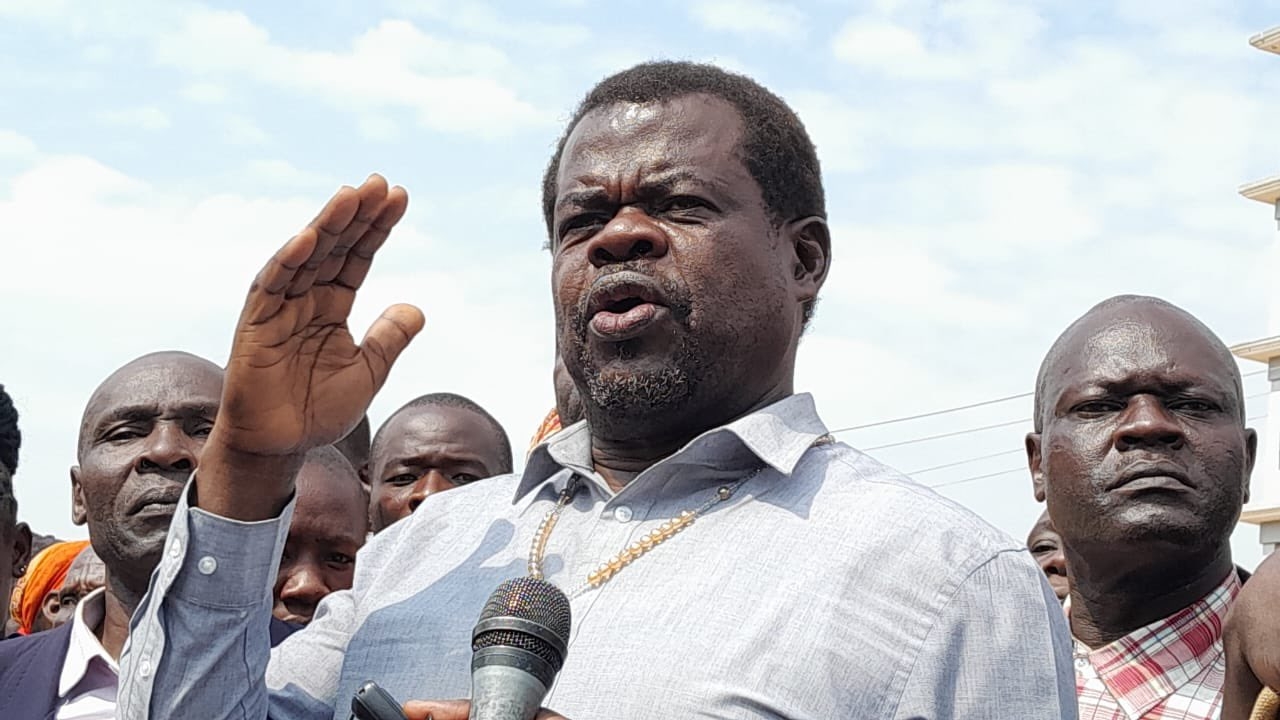

BY BENEDICT TOROITICH
As Kenya navigates its complex political landscape, it is clearly evident that the country’s foundational approach to nation building has been fundamentally flawed.
Unlike Tanzania, which emphasised consolidating national identity and unity, its leaders have historically nurtured political ethnicity, a phenomenon that has proven disastrous for the nation’s development since its independence in 1963.
Historically, Jomo Kenyatta, Kenya’s founding father, missed a critical opportunity to dismantle the colonial legacy of ‘divide and rule.’ The colonial regime had meticulously crafted a divisive society by fostering ethnic animosity and superiority complexes among various African communities.
Despite his education, travel and extensive political experience, Kenyatta failed to overcome the impediments posed by political ethnicity.
Questions linger: Was this failure a deliberate design by Kenyatta’s regime to secure power for the Kikuyu community, which had fiercely fought for independence under the Mau Mau movement? Or was Kenyatta manipulated by his confidants into this path? Kenya’s experience mirrors that of Nigeria, where ethnic groups were mobilised into politics, leading to the tyranny of numbers by large ethnic groups.
In Kenya, regional lords such as Kenyatta, Jaramogi Oginga Odinga, Ronald Ngala and Daniel Arap Moi controlled Central, Nyanza, Coast, and Rift Valley, respectively, laying the groundwork for an ethnic ideology that has plagued independent Africa.
Political ethnicity is a colonial legacy. With the advent of colonialism, the colonisers used one ethnic group to fight another, creating ethnic competition and antagonism among African communities who lived harmoniously during the pre-colonial period. Kenya has experienced the negative consequences of ethnic-based politics firsthand, including the 2007 post-election violence that resulted in more than 1,133 deaths and the displacement of about 350,000 people.
The adoption of the 2010 Constitution aimed to curb these issues, but the gains are yet to be fully realised. e ideology of ethnicity continues to foster corruption, conflict and underdevelopment.
For argument’s sake, I do not believe that ethnicity itself is a problem if used in a positive context without involving political interests. If one prefers their ethnic group or community without antagonising other communities, there is nothing inherently wrong with it.
A strong, cohesive community can bring development to its surroundings. What becomes problematic is the politicisation of ethnicity. The current political situation in Kenya is unpredictable. Leaders have retreated to their ethnic backyards for political survival, creating a precarious situation.
However, we have a moral obligation, despite our diverse cultures, religions and ethnic backgrounds, to live as one people in this country. Unity in diversity, rather than unity in conformity, is what drives any worthy polity.
It is within this thinking that we must continue to call out the reckless and exclusionary calls for so-called ‘Murima’ unity, which by default exclude the rest of Kenya.
We have only one country. Anyone who attempts to
mobilise regional or ethnic-based politics automatically
raises questions about their patriotism















![[PHOTOS] Betty Bayo laid to rest in Kiambu](/_next/image?url=https%3A%2F%2Fcdn.radioafrica.digital%2Fimage%2F2025%2F11%2F3b166e2e-d964-4503-8096-6b954dee1bd0.jpg&w=3840&q=100)

